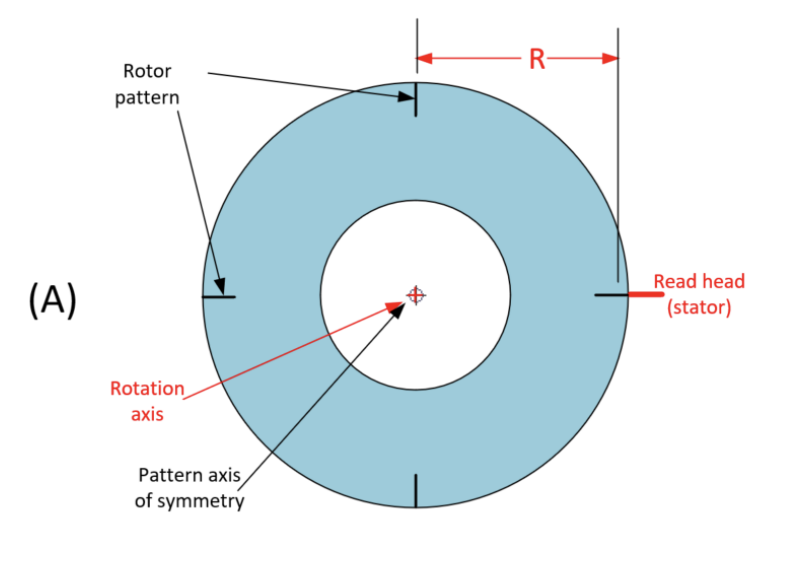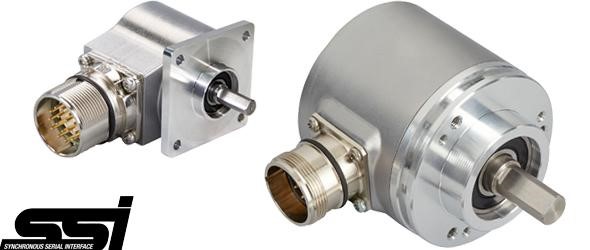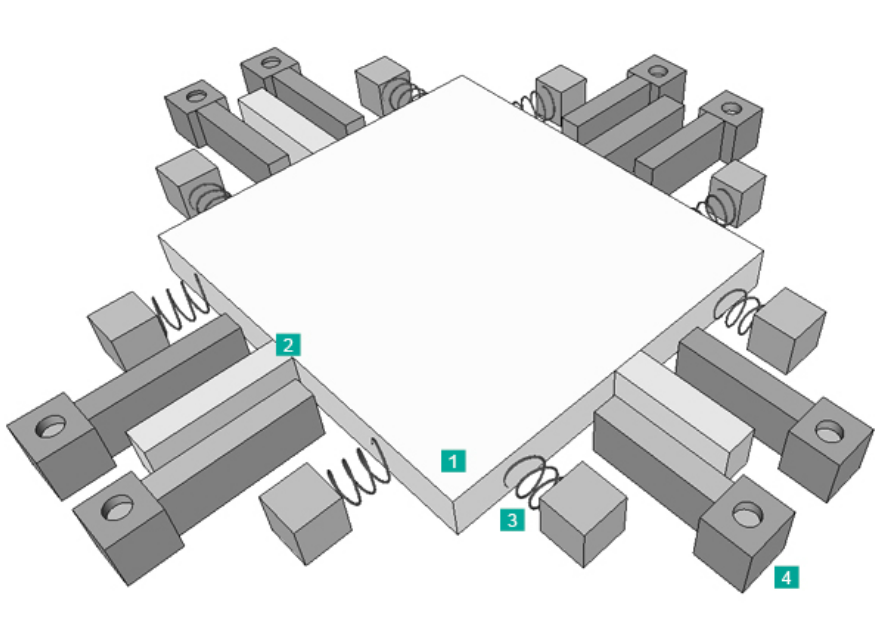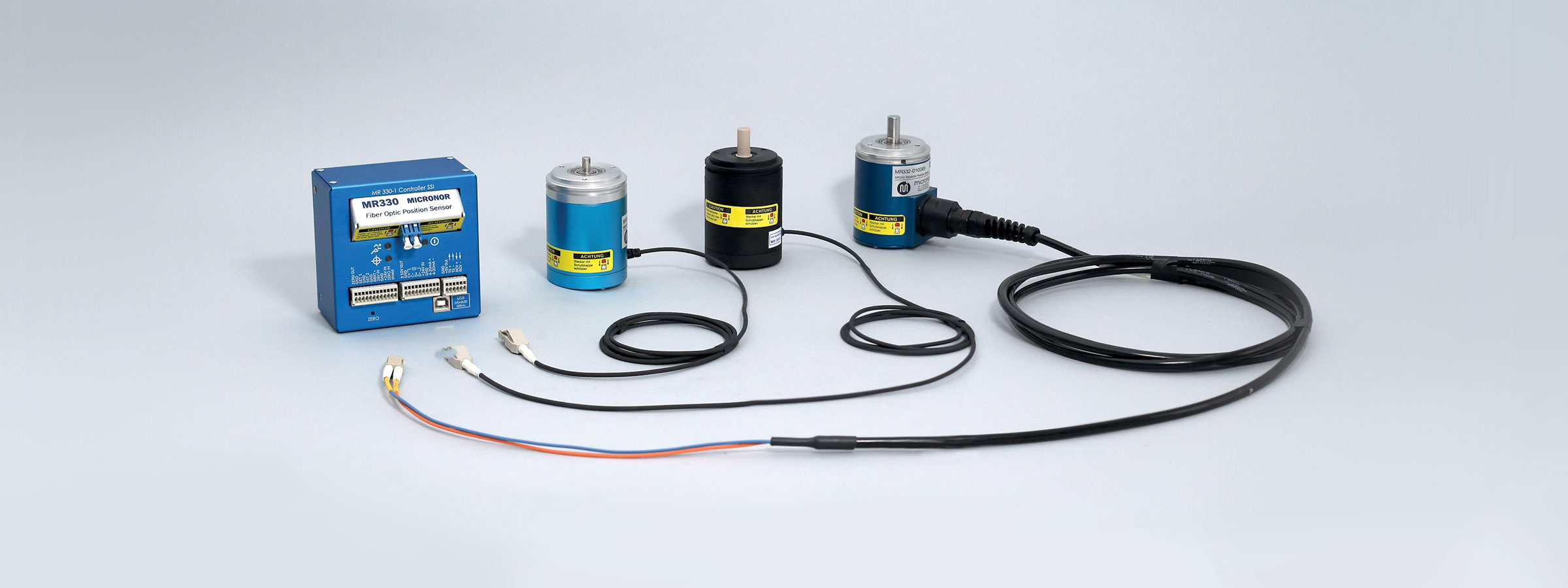Standard Blog Widgets will go here
Introduction to Intrinsically Safe Sensors
Posted under Blog
Intrinsically safe sensors and systems are used to provide a safe operating environment for personnel and equipment. They do this by restricting the electrical energy transmitted into a hazardous area.
Read Article
Posted under Blog
For applications where sudden movements, shocks, and vibrations are likely to be encountered, it is important to have sensors with fast response and a clean signal output. POSITAL’s dynamic inclinometers combine two measurement principles using two different MEMS sensors: a 3D acceleration sensor and a 3D gyroscope.
Read Article
How To: Use an Open Collector Output
Posted under Blog
All new Gill level sensors come with a secondary output function which operates as a high or low level switch. So what is it and how do I use an Open Collector switch output?
Read Article
Why Holistic Encoders are More Accurate
Posted under Blog
All absolute rotary encoders have a rotor which is attached to the rotating shaft and a stator which is attached to the housing holding the shaft. The interaction of these two components produces a measure of the shafts rotational angle. The most important parameters of absolute rotary sensors are resolution, accuracy and tolerance to misalignment of the rotational axes.
Read Article
Posted under Blog
Synchronous Serial Interface (SSI) is a widely used serial interface standard for industrial applications between a master (i.g. controller) and a slave (i.g. sensor).
Read Article
MES Inclinometer Specifications
Posted under Blog
Inclinometers, also called tilt sensors, clinometers, or slope sensors, are designed to measure the angle of an object with respect to the force of gravity. These tilt or level meters determine the pitch and/or roll angle and output these values via the appropriate electrical interface.
Read Article
Torque Measurement with Angle Sensors
Posted under Blog
As collaborative robots expand into manufacturing environments the issue of safe motion continues to be a concern. Current design approaches involve adding force sensors, torque sensors, and sometimes proximity sensors. These adders along with more complex software control algorithms mitigate most of the concerns and result in slower operation. Unfortunately, these additional sensors also add significant cost and complexity.
Read Article
Posted under Blog
Many applications require linear motion to be monitored for system control or to ensure safety. With lengths ranging from 1 m to 30m (3’ to 98’), LINARIX linear sensors are available in many configurations to meet an application’s requirements. Options include a wide variety of outputs (including analog, fieldbus and Ethernet variants), heavy duty housings and compact design.
Read Article
Posted under Blog
Spinal surgery robot with advanced robotic guided technologies supports high requirements of predictable surgical procedures.
Read Article
Posted under Blog
Micronor MR330 series is the only 100% Passive Fiber Optic Absolute Position Sensor System available on the market today. The innovative design is based on an all-optical passive sensor and remote interrogator module interconnected by an industry-standard multimode fiber optic link.
Read Article











 856-727-9500
856-727-9500